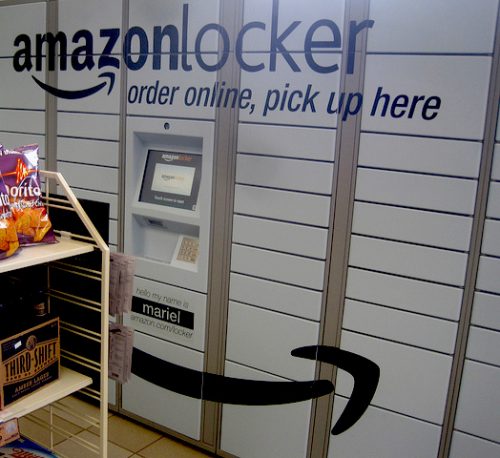
Fake Amazon product reviews don’t pay (anymore) thanks to a Williamsburg-based vitamin supplement company, Cure Encapsulations, that got hit by the FTC for $12.8 million in the first successful case of its kind, Vox reports.
It’s the Platonic ideal of a modern scam: The defendant is a company called Cure Encapsulations, which is based in Williamsburg, Brooklyn, and owned by a man who alternately goes by Naftula Jacobowitz, Nat Jacobs, and Nate Jacobs. The product in question is a purported weight loss supplement and appetite suppressant made from the Indonesian fruit garcinia cambogia (the fruit looks like a tiny green pumpkin and is associated with liver failure)…..
The company has been buying Amazon reviews of this product since at least October 2014. The complaint includes an email from Jacobowitz to the owner of the fake review seller Amazon Verified Reviews offering the site owners $1,000 to write him an initial 30 reviews, and suggesting a longer-term partnership to keep his product’s rating above 4.3 stars.
It’s not just the online business that is getting caught up in their own deceiving ways, as the article points out, Amazon itself sued over 1,000 anonymous freelance writers offering their services on Fiverr in 2015.
As for the arduous task of discerning between authentic and fake reviews, there’s a tool to help you out:
Though this investigation happened after Amazon started actively purging suspicious-looking reviews and forbidding the gifting of products in exchange for them, Wischhover used the free online tool Fakespot to test how well the measures had worked. She used the example of Baebody eye gel, which had more than 7,000 reviews and a 4.5-star rating at the time and was listed as a top 20 Amazon beauty best-seller, despite having only 218 Instagram followers and a vague, uninformative website. Fakespot gave these reviews a C rating and considered 60 percent of the reviews of Baebody “unreliable.”
As of this morning, the product has almost 14,000 reviews; Fakespot calls more than 63 percent of them unreliable.
Leave a Reply



